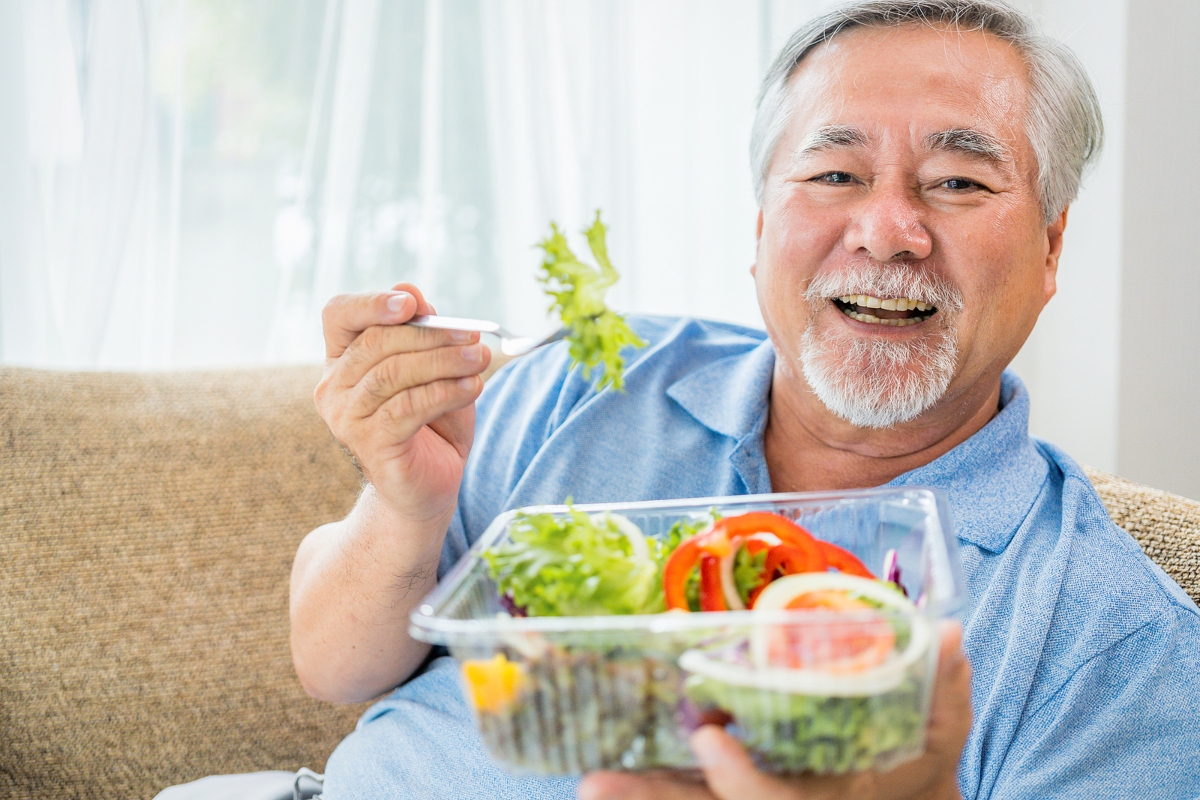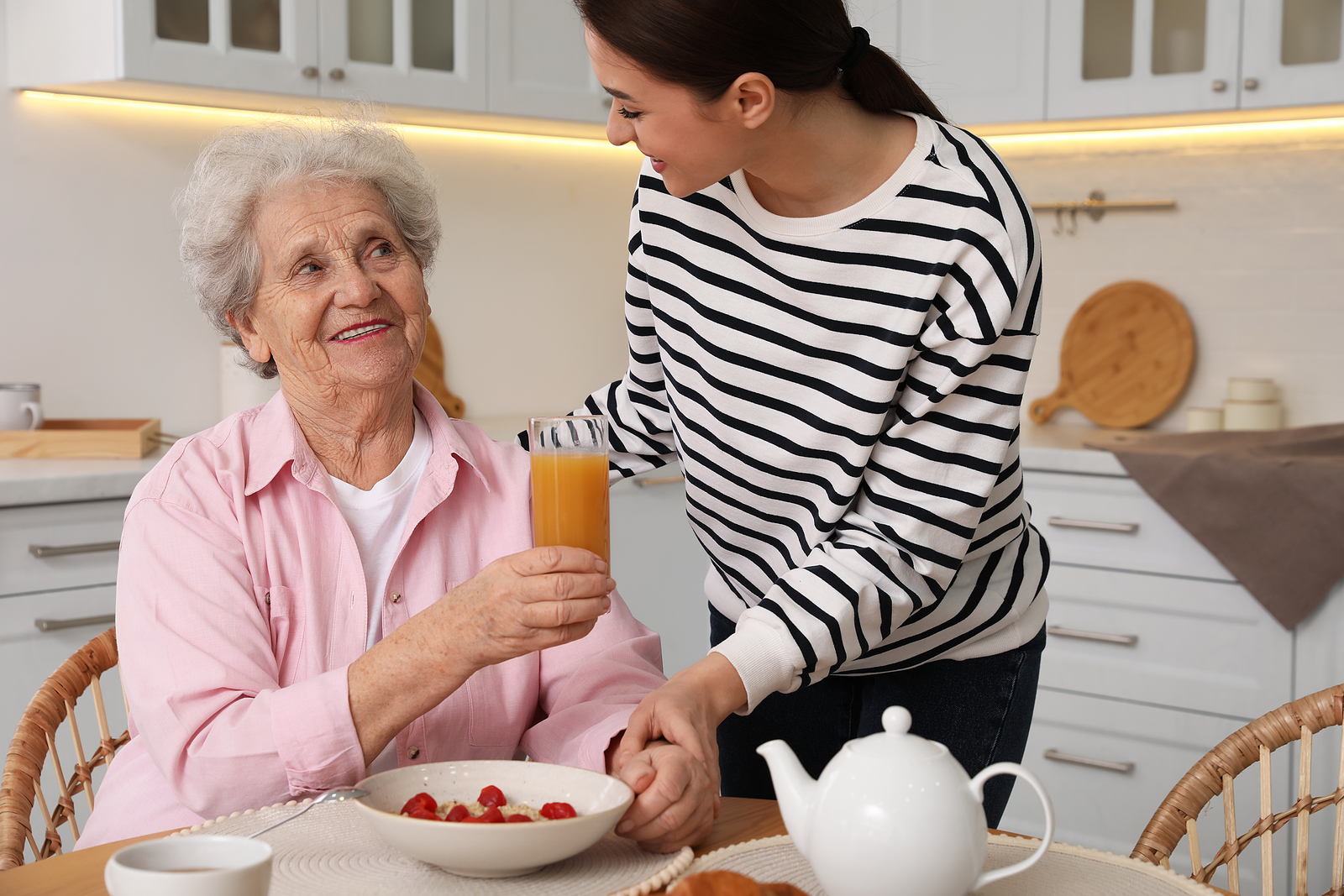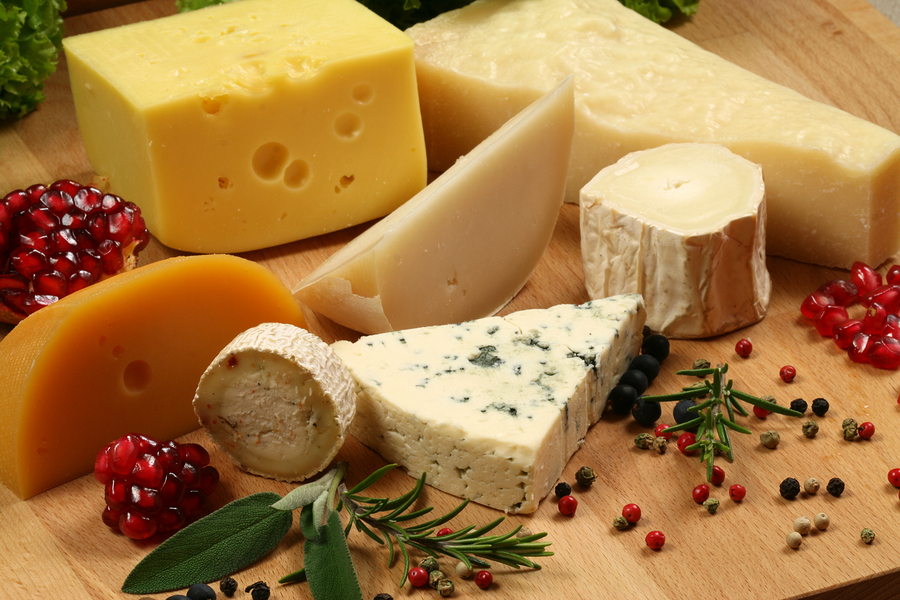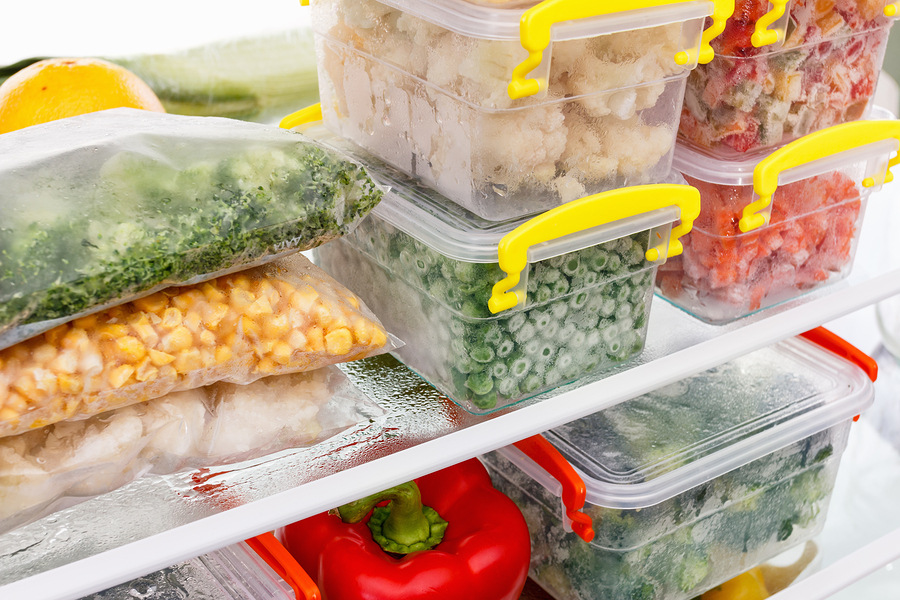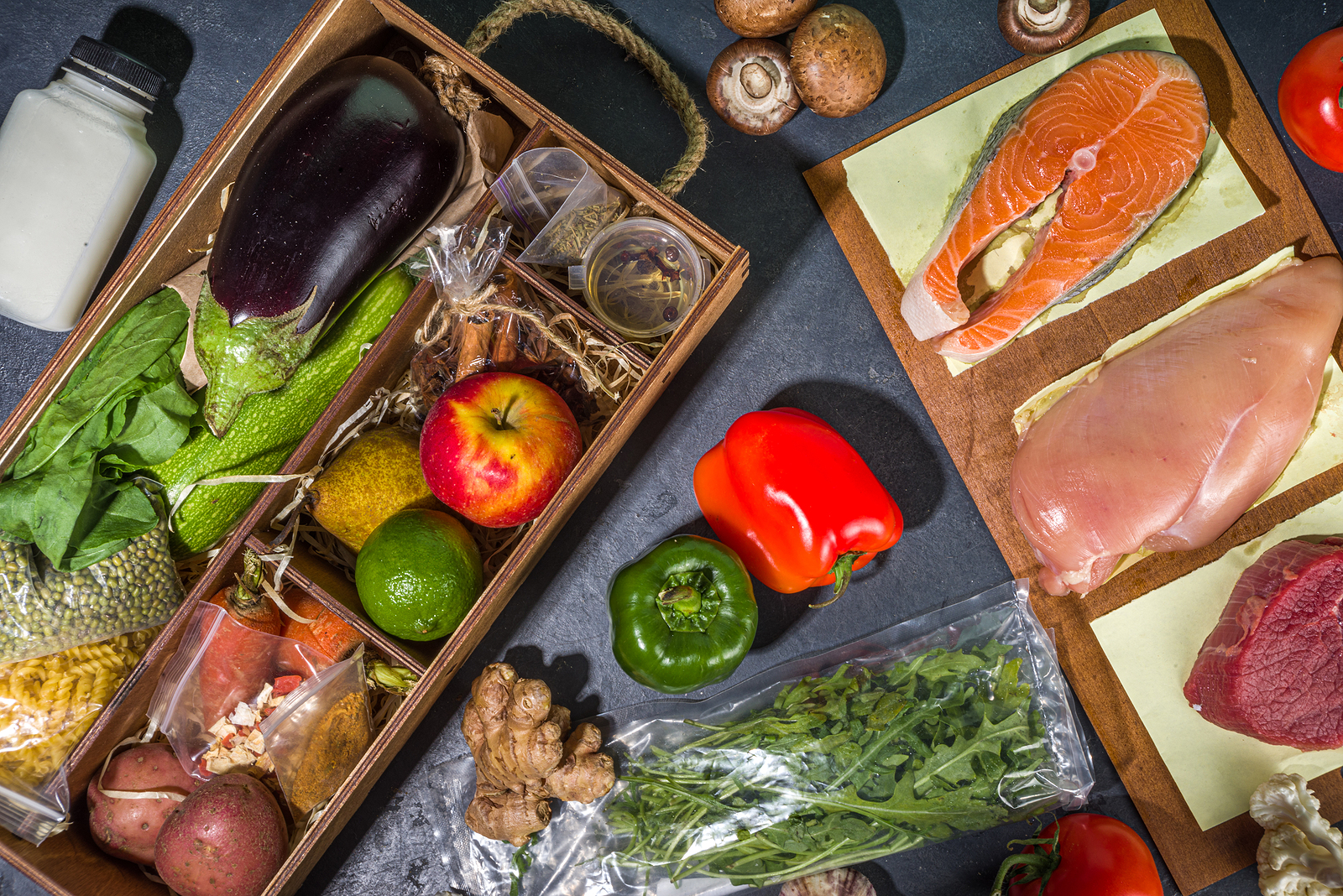New Year’s resolutions are a great way for people to look at changes they want to make over the next year. Many people use that time to decide to radically change how they eat. Seniors might still be stuck in those habits, thinking it’s a good time to do so. But sometimes those changes might not be the best ones to make, especially if seniors are dealing with health challenges. Home care providers can be a huge help when it comes to any dietary changes that seniors do want to make.
Resolutions about Dietary Changes Often Fail
The big issue with making resolutions about dietary changes is that they often are so restrictive that they tend to fail fairly rapidly. When seniors make dietary changes, it’s important that they’re making changes that support their health and that they stick with them. The changes that seniors make around food and eating need to be ones that are sustainable, gradual, and achievable.
Talk to Healthcare Providers First
Before making big dietary changes, seniors need to talk to their doctors about what those changes should be. Seniors often are battling health conditions and taking medications and this information is essential to understand when it comes to meeting nutritional needs. Healthcare professionals can offer personalized advice that helps seniors to improve their health and well-being while also eating better.
Make Small Changes
Making huge changes and completely overhauling an entire diet all at once is a terrible idea for seniors. It’s much better and more sustainable to make gradual, small changes over time. Instead of moving directly from eating frozen dinners, for instance, to only eating fresh fruits and vegetables with every meal can be a huge change. It might also be more than some seniors can physically handle preparing for themselves, which is why senior care providers can be an excellent help during these changes.
Plan Out Meals and Snacks
Meal planning is incredibly helpful for anyone who wants to eat a healthier diet over time. Planning out meals and snacks in advance helps to ensure that seniors are regularly eating a balanced and nutritious diet that is also tasty and satisfying. This allows seniors to be more proactive about making the small, healthy changes to their diet that they want to make.
Practice Mindful Eating
Mindful eating involves being fully present while eating. Seniors who are eating more mindfully are more likely to listen to their bodies’ hunger cues, eat when they’re truly hungry, and notice when they’re full. Eating healthier and more nutritious foods can also help seniors to feel fuller faster because they’re getting more nutrients.
Get Help from Home Care Providers
Making any changes to eating habits and overall diet just isn’t easy for every senior out there. Physical limitations, memory issues, and mobility challenges are just a few of the reasons that seniors might need more help. Home care providers can offer lots of assistance with meal preparation, running errands like grocery shopping, and so much more.
Deciding to be more cognizant of nutrition is really important for seniors, but making big sweeping changes as a New Year’s resolution might not be the best way to make this happen. Home care providers can help aging adults to make the little incremental changes necessary to improve health.
If you or an aging loved one is considering home care in Phoenix, AZ, please call the caring staff at Golden Heart Senior Care of Scottsdale at (480) 284-7360. We are here to help!
